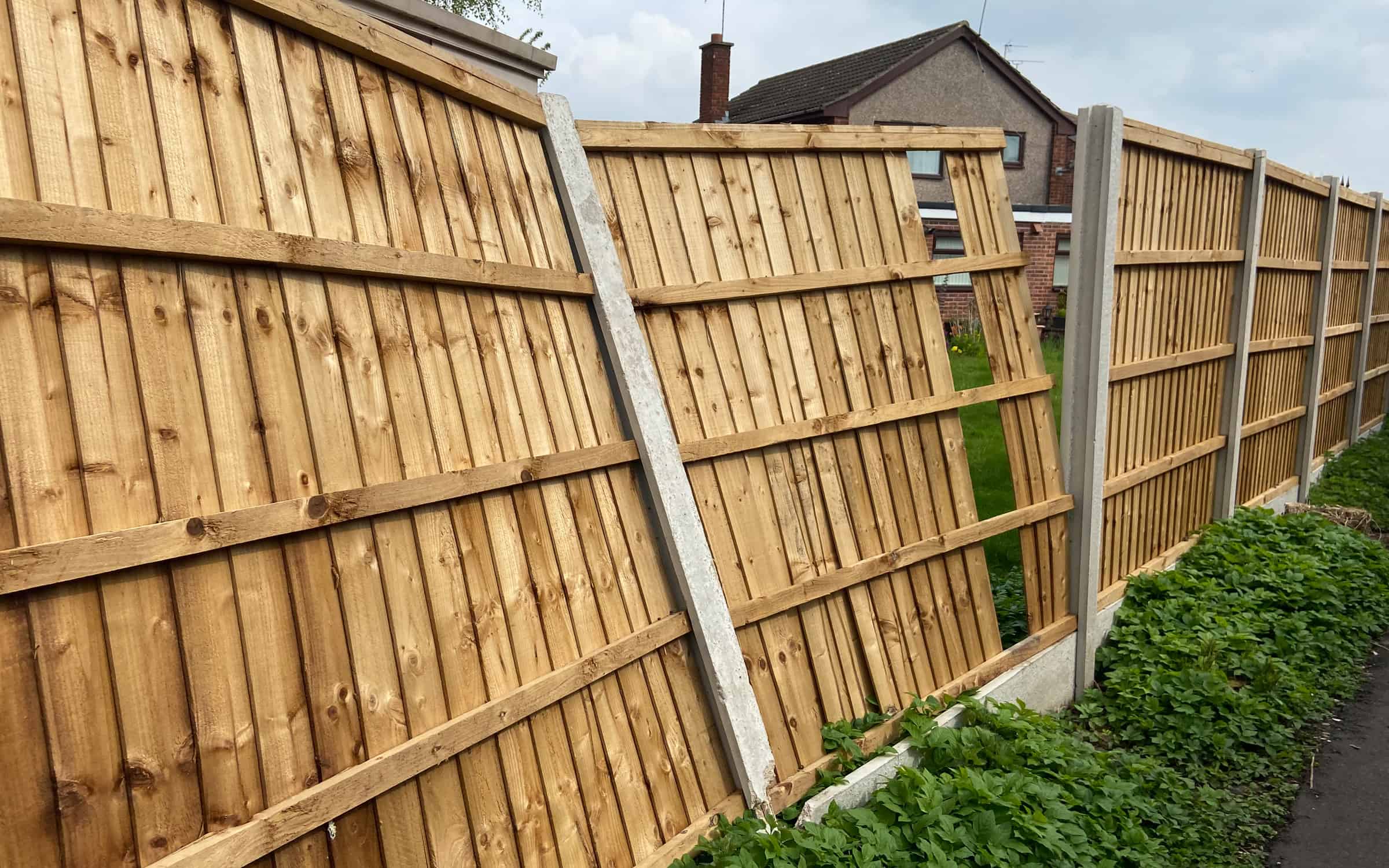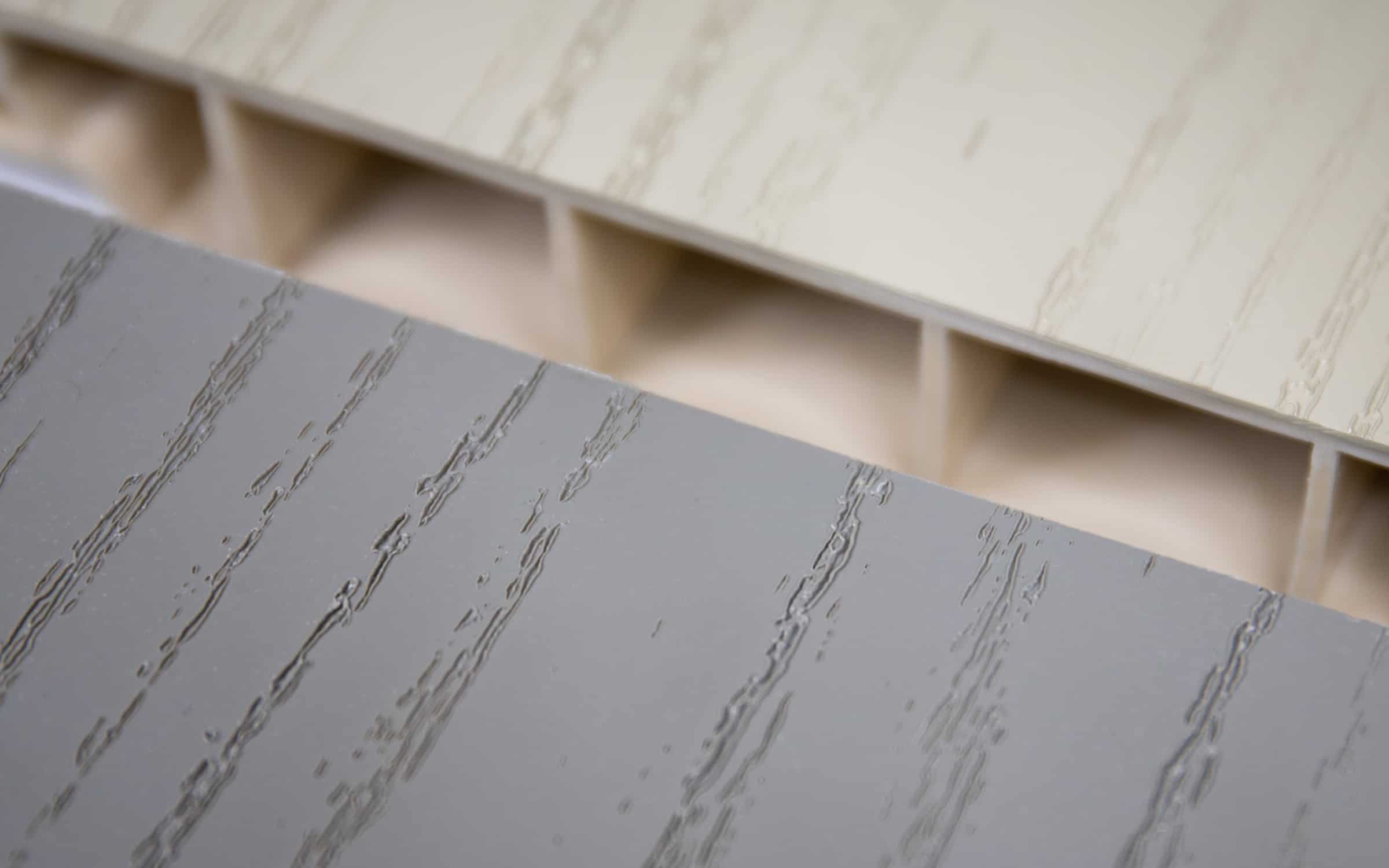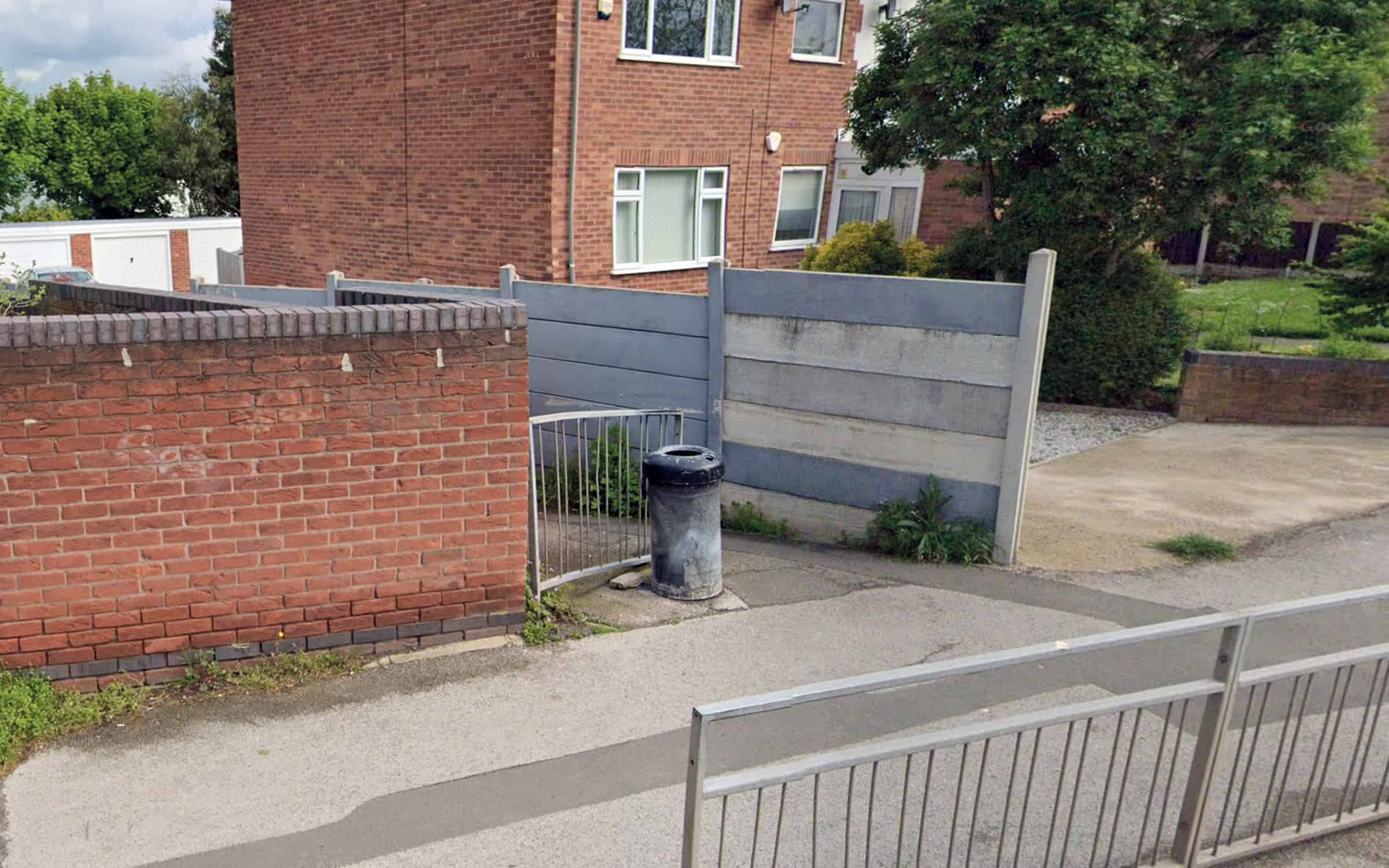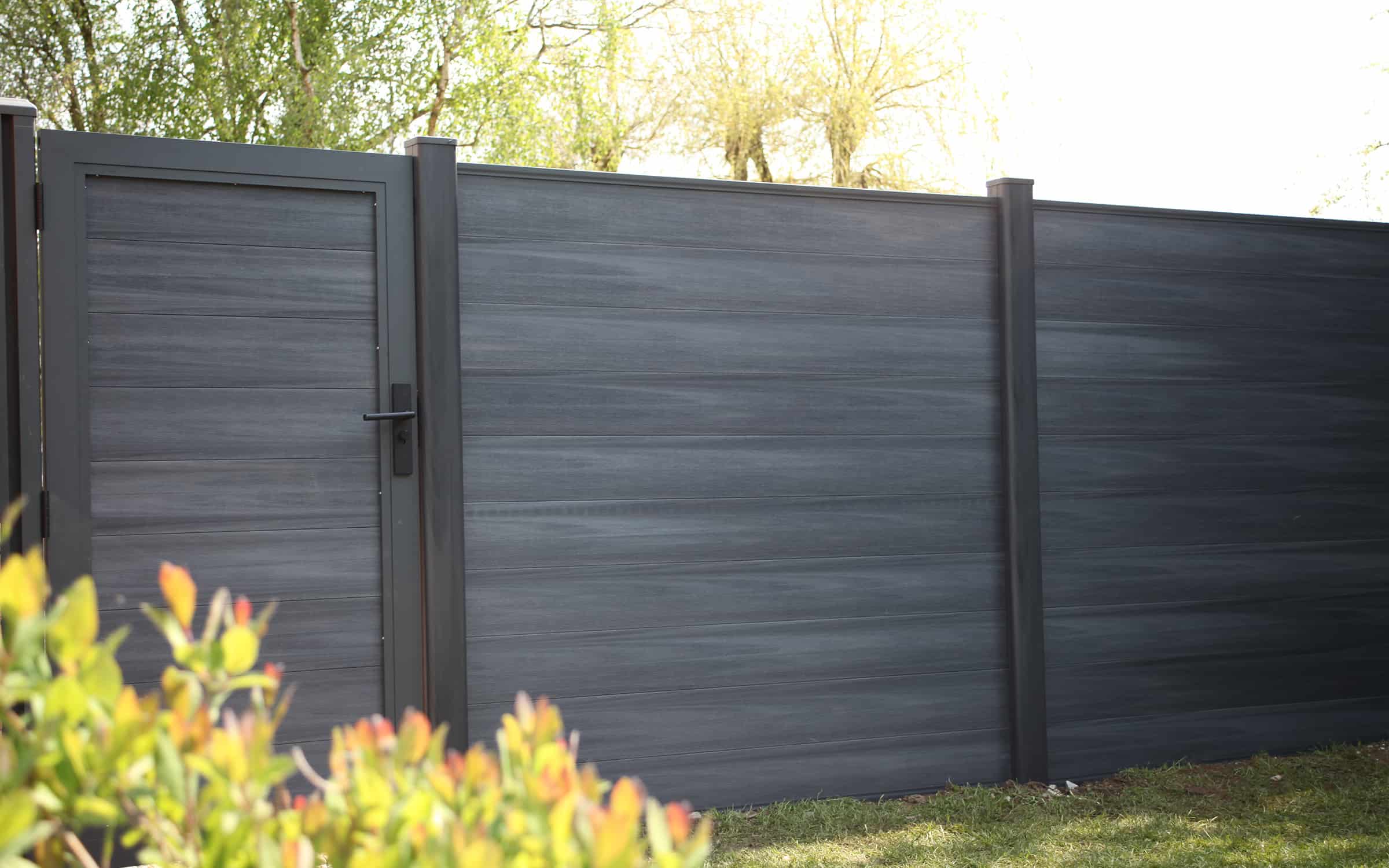Non wood fencing materials are becoming increasingly popular with homeowners. We list the options and their advantages and disadvantages.
Though timber remains the most popular fencing material, many specifiers are now looking at non-wood fencing alternatives. Timber, whilst an attractive option, is prone to damage such as warping and splintering, and unless properly treated and painted, will rot and eventually decompose.

In this article, we will explore the non wood fencing options available, listing their advantages and disadvantages to help inform your decision prior to purchasing fencing for your own space. Let’s take a look…

uPVC Fencing
Like all synthetic non wood fence materials, uPVC fencing is immune to the effects of moisture and insect damage, two things that can rapidly deplete the stability of a timber fence. Plastic is simple to install and long-lasting, far outliving the average lifespan of timber fencing. It also comes supplied in a variety of different colours, meaning you can avoid the time-consuming and incredibly tedious process of painting the individual fence panels to ensure a consistent tone.
The advantage of uPVC fencing is also its downfall, however. Whilst it is cheap to buy, the final product also looks cheap, with the plastic material giving your fencing a glossy, obviously artificial-looking sheen. Though it will not warp and rot like a timber fence, it instead presents new challenges, including becoming brittle and faded due to the effects of weathering and sunlight exposure.
Concrete Fencing
Like plastic, concrete is an incredibly long-life material, and many specifiers choose it for fencing because of its structural integrity. Additionally, concrete has soundproofing qualities, making it an ideal fencing material for any homes or businesses near especially noisy areas, such as primary schools or building sites. Unlike timber, which can be uprooted by high winds, concrete will remain steadfast even with particularly turbulent gales, giving you more confidence that your fencing is built to last.
On the other hand, visually, concrete fencing can leave a lot to be desired. Though there have been advances to try and carve artificial brick or woodgrain textures onto the surface of the concrete panels, there is no escaping that concrete will always look just like concrete, making it relatively bland in its drab uniformity. Though this may be fine for more industrial and commercial applications, this can be a problem for individual garden builds, where fencing looks are a major consideration.


Composite Fencing
Composite material is simply the name given to the compound mixture of recycled timber and plastic fibres. The finished material then is imbued with the look and texture of real timber, with the longevity of plastic. There are two types of composite material, namely traditional or “first-generation” composite, or capped composite. Like timber, first-generation composite can be prone to fading from sunlight, though it too boasts a long life, with minimal maintenance required for its upkeep after its initial installation.
Thankfully, all of NeoTimber’s composite fencing comes supplied with this additional capped layer, protecting the interior material from moisture damage and the fading effects of UV exposure. With post sets designed for both hard and soft ground applications, as well as a range of 5 colours to choose from, 4 decorative screen options, and post inserts built to help retrofit your panels to pre-existing timber or concrete posts, there is no fencing system that can match our scope for customisation and modularity. NeoTimber’s composite non-wood fencing is the first truly modern fencing solution, built to work with any outdoor space.
Need Further Support or Advice?
If you’ve still got questions that have not been answered here, or you would like additional advice,
support or assistance then please give one of our friendly experts a call and we’ll be happy to help.
Just give us a call on 01530 382 180.
